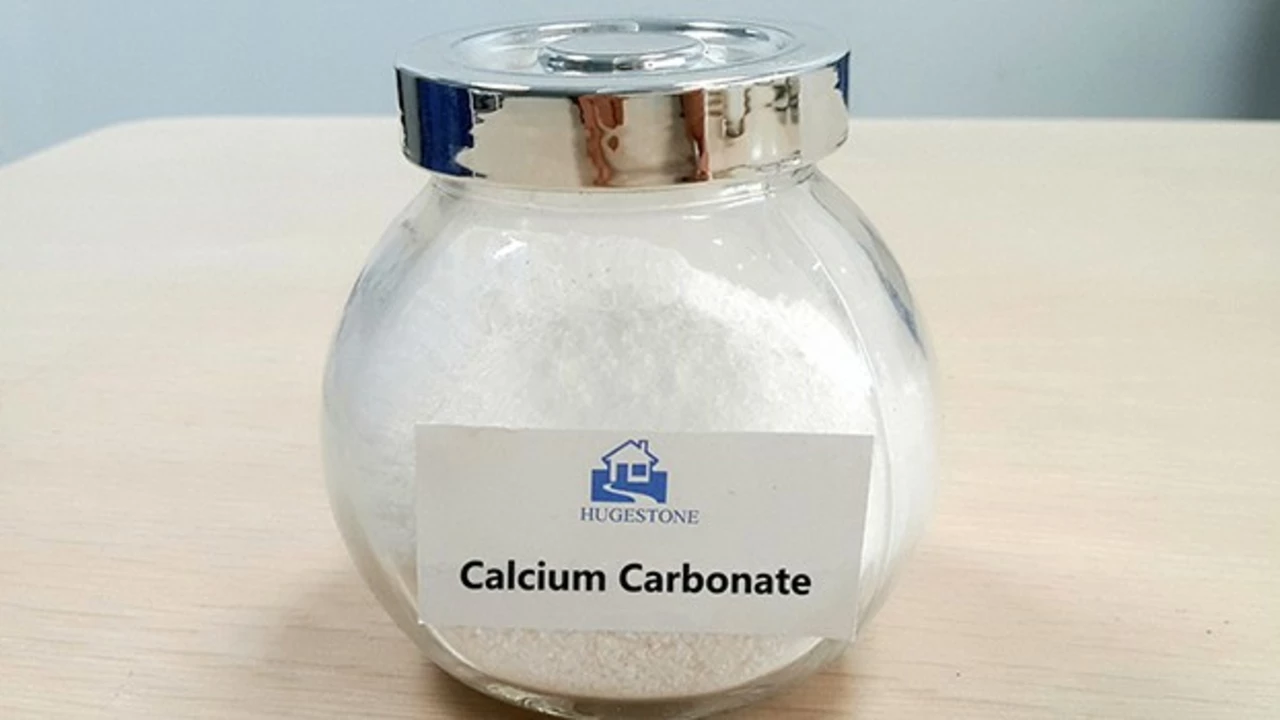Calcium carbonate: what it does and when to use it
Calcium carbonate is a common medicine you’ll see as an antacid and as a calcium supplement. As an antacid it soaks up stomach acid fast. As a supplement it supplies elemental calcium that helps bone health. It’s cheap, widely available, and comes as chewable tablets, caplets, or powder.
How it works and how much calcium you get
When taken as an antacid, calcium carbonate neutralizes acid, easing heartburn and indigestion in minutes. As a supplement, note that calcium carbonate is about 40% elemental calcium by weight — a 1250 mg tablet usually gives roughly 500 mg of elemental calcium. Adults generally aim for about 1,000–1,200 mg of total calcium a day from food plus supplements. Don’t guess — check the label for “elemental calcium.”
Best way to take it
Take calcium carbonate with food. The stomach’s acid helps you absorb it, so with meals is ideal. For antacid use, chewable tablets work best and act quickly. If you use it as a daily supplement, split the dose into two or more times a day — your body absorbs smaller amounts better than a single large dose. If you’re on other medicines, leave a 2-hour gap before or after taking calcium carbonate to avoid interactions.
Compare this to calcium citrate: citrate absorbs well with or without food and is easier on people with low stomach acid. If you have digestive issues, calcium citrate might be a better choice even though it often costs more.
Side effects are usually mild: constipation and gas are common. Rarely, too much calcium leads to high blood calcium (hypercalcemia) which causes nausea, weakness, or frequent urination. People with kidney disease, a history of kidney stones, or parathyroid problems should talk to their doctor before using calcium carbonate.
Watch out for drug interactions. Calcium can reduce absorption of some antibiotics (tetracyclines, fluoroquinolones), thyroid medicine (levothyroxine), and iron supplements. Some drugs, like thiazide diuretics, can raise blood calcium when taken with calcium supplements. Space calcium carbonate at least 2 hours from these meds unless your prescriber says otherwise.
Practical tips: always read the label for elemental calcium, chew chewable tablets well, take with a meal, and don’t exceed the recommended daily total from supplements plus diet. If you’re using it often for heartburn, check with a clinician — frequent heartburn may need a different approach. For long-term bone health, pair calcium with vitamin D and lifestyle changes like weight-bearing exercise.
If you have persistent symptoms, kidney issues, or take multiple medications, ask your provider which calcium form and dose fit you best. Small changes — timing, tablet type, and checking labels — make calcium carbonate safer and more effective.

Calcium carbonate in skincare products: benefits and concerns
- by Colin Edward Egan
- on 18 Jun 2023
I recently came across the use of calcium carbonate in skincare products and wanted to share my findings with you all. It turns out that calcium carbonate offers some great benefits, like exfoliating dead skin cells and absorbing excess oil. However, there are also concerns, such as potential irritation for sensitive skin and environmental issues related to the mining of this ingredient. So, if you have sensitive skin or are eco-conscious, you might want to weigh the pros and cons before trying products with calcium carbonate. Just thought it's something worth considering in our skincare journey!
